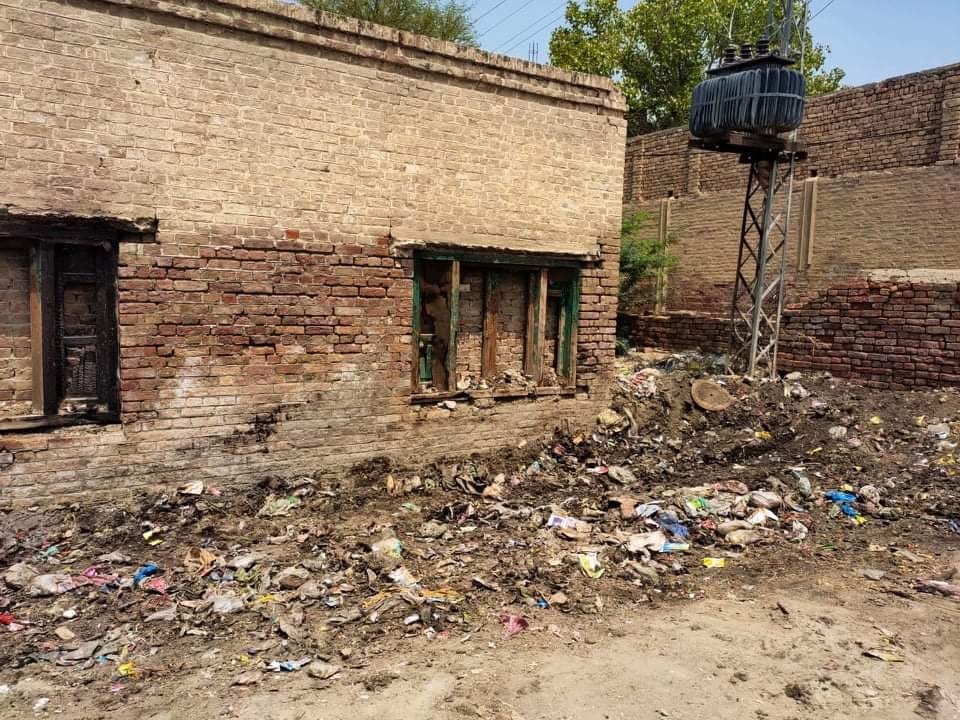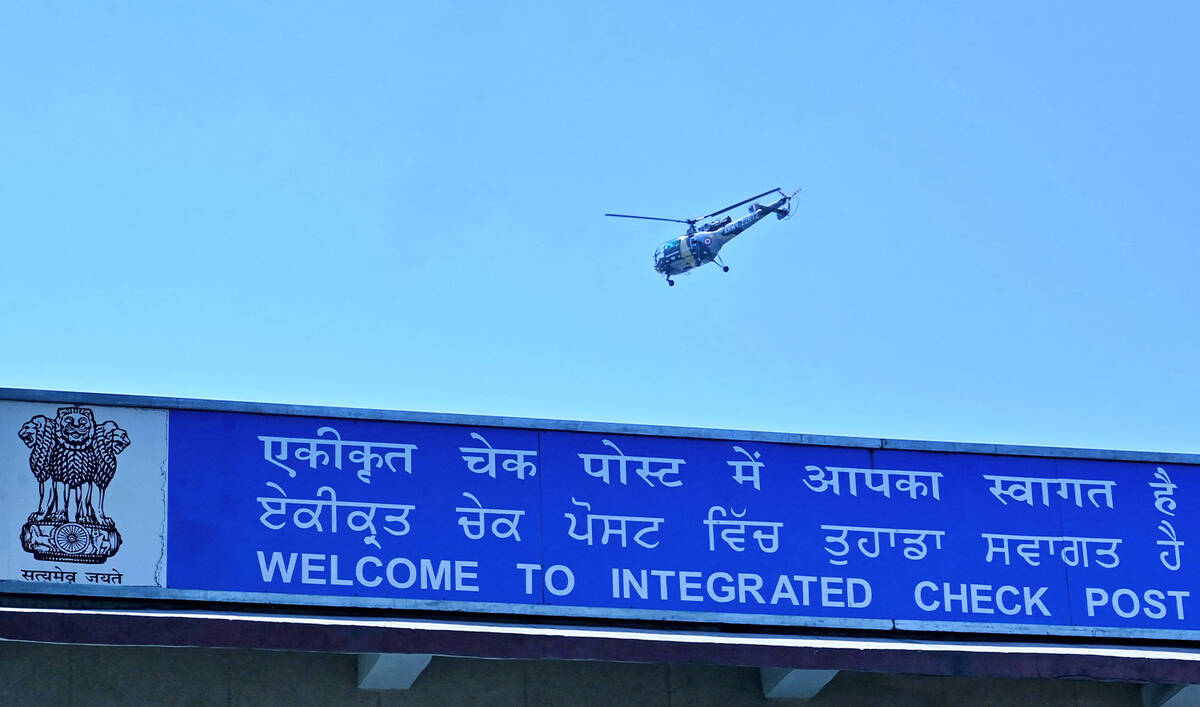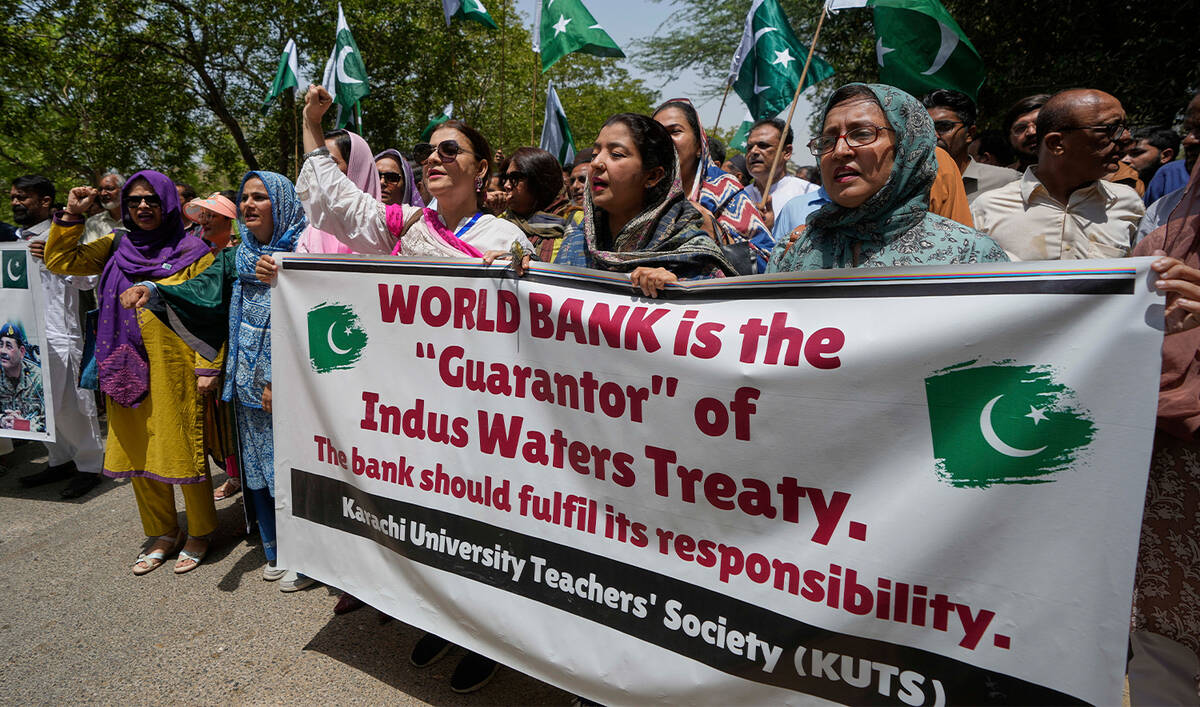PESHAWAR: Cricket star Shahid Afridi has pledged to rebuild the sole public library of Tank district, an institution which once was a bustling cultural center of the impoverished region in northwestern Pakistan.
The library was established in Tank city, the district’s main town, in the early 1970s. In severely dilapidated condition, it has been closed for the past 15 years as the local administration has no means to maintain it.
“I’ve already talked to the top district administrator to clean up the library’s premises. Though I live far away in Karachi, I often think about the youth of the restive region who have matchless talent and need to be educated,” Afridi, the superstar allrounder, told Arab News on Saturday, after images showing the demolished library made the rounds on social media.
Afridi said he will restore and furnish the building with the help of his Shahid Afridi Foundation, and will supply it with books.
“The people of Tank region and its peripheries had gone through severe hardships and ups and downs during the last few years,” the cricketer said, “The people of that region have great valor and profound love for Pakistan, and deserve quality education.”

In this photo shared by journalist Ayub Bhittani, the sole library of Tank district in Khyber Pakhtunkhwa is seen in dilapidated condition on Aug. 17, 2020. (Photo courtesy of Ayub Bhittani via AN)
Located in Khyber Pakhtunkhwa province, Tank has a population of nearly 400,000 and is one of the poorest regions of Pakistan. It is part of Dera Ismail Khan division and a gateway to South Waziristan tribal district. The region’s development was affected by years of army operations against militants in South Waziristan in the past decade and an influx of internally displaced persons forced to flee the area.
Muhammad Faizan, municipal officer in Tank, told Arab News that the library’s closure was caused by acute financial problems, but the district administration had ignored it, despite repeated requests for support. The district’s commissioner was not available for comment when Arab News tried to reach him.
Dr. Tahir Javed, former district health officer of Tank, recalled his college years in the 1970s, when he would come with others to the library to study and for the best books and press. The most tragic thing, he said, is that the library’s collections have virtually all “disappeared.”
“The library would be packed with readers because students from the adjacent South Waziristan tribal district used to study there too. In the courtyard of the library, we used to play table tennis and badminton.”
In the morning, Javed said, pensioners would come to the library to read newspapers.
“When I used to study at the library, it was equipped with the latest books, novels, newspapers and magazines. I’m in tears when I see it’s deserted look today.”


















